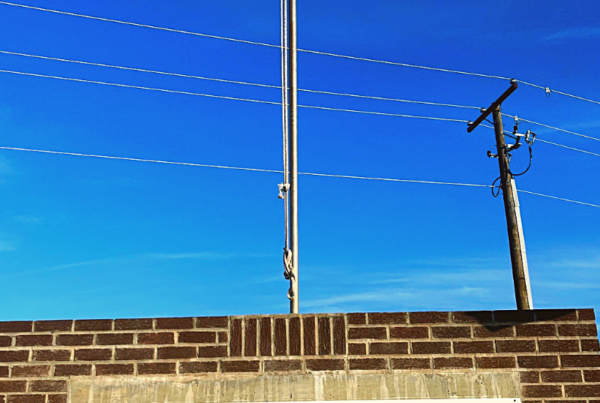When you hear the word “blockchain,” what comes to mind? It might make you think of Bitcoin, Ethereum and other cryptocurrencies. However, blockchain is bigger than any one network or cryptocurrency; blockchain is a new secure layer for the internet. It solves fraud and data security problems. It can also serve as a reward mechanism. Still, the bulk of both cyber security and crypto security comes down to you, the user.
Following the following 3 security tips will effectively UPGRADE your cyber security and be useful in securing your blockchain rewards, like Bitcoin, ETH, and LIBERTY rewards (coming soon).
1. Always Use Strong Passwords. A Password Management Tool Helps.
Everyone knows that strong passwords are critical to online security. The big problem for most is how to manage “all these passwords” and still find a way to update them somewhat regularly. Keeping a notebook may be your mom’s solution but using a password management tool is obviously superior. Many find LastPass or Dashlane to be useful in keeping both passwords and secure notes.

2. Use Two-Factor or Multi-Factor Authentication.
Two-factor or multi-factor authentication is fast becoming a standard service provided by software and blockchain companies. It adds additional layers of security to standard password methods, requiring a “known device,” like a telephone or tablet.
When dealing with exchanges or sending/receiving digital rewards, it’s smart security to require 2FA. Google Authenticator and Authy are two popular solutions for implementing two-factor authentication.
3. Be Suspicious of Phishing Scams
Phishing scams are nastier than ever and you don’t have to go far to hear about someone “getting hacked,” especially in the blockchain world.
The scam most often requires the divulging of credentials (private keys or seed words), clicking a malicious link, or accidentally installing a script.
Bottom line – be suspicious of anything asking for credentials or seeking them. When asked, verify you are at the URL that you intend to be. And don’t forget, malicious links and scripts can come from friends who have been infected, too.






